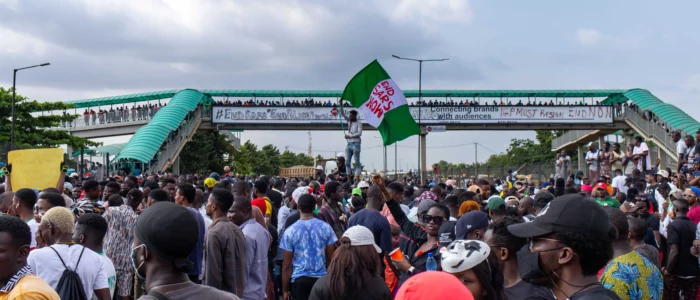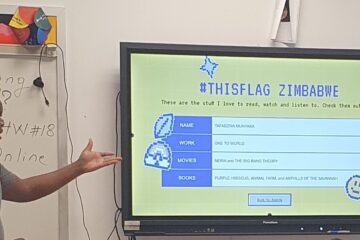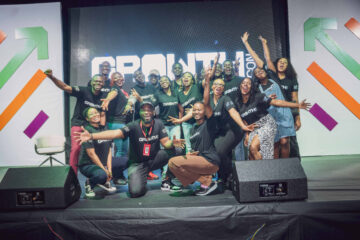
Race.
Such a heavy word that most people would prefer to side-step. A word that I had, for the better part of my life, only experienced through social media outrage, books, and the black history movies that Hollywood churns out every so often.
I recall reading once that someone, an African, had said, she didn’t realize she was black until she visited the United States. You see, in her country, she had been just herself, one out of many in a sea of brown bodies. If she ever stood out, it was not because her skin was markedly different from others.
So, I was already armed with this knowledge; that coming to the United States for the Atlas Corps Fellowship would probably leave me with moments when I am acutely aware of my blackness.
However, in the few weeks that I have been here, that is not what has stood out for me the most. Instead, it is the concept of racial equity and systemic racism, which still baffles me, that has got me typing away at my computer.
Okay. It is time for some context.
My Host Organization
As you may already be aware if you are on this site, the Atlas Corps Fellowship brings social change leaders from around the world to the United States for professional and leadership development training. Great program. The catch? Your placement is dependent on skills match with a Host Organization in its network.
I waited for over 2 years before I got matched with Medici Road. I have another blog post all about it here.
Medici Road is a community development nonprofit that provides solutions in affordable housing, public health, and education through a racial equity lens.
When the founder/executive director, Thomas Houston was interviewing me for the role, he told me, “The most important thing I need to know before we make the decision is if you can have uncomfortable conversations.”
For a second, I wondered why that would be the deal breaker (now, I know better). But I considered Nigeria’s long-standing romance with injustice, part of which culminated in the #EndSARS movement and how even racism, when broken down to its barest minimum is a form of injustice- a great one. So, I confidently said, “Yes. I can.”

My Role
Now, with such a heavy lean on uprooting systemic racism and charting paths for creating wealth for black communities and people of color, my role as Communications Analyst revolves around understanding the nuances, using storytelling for narrative change, and promoting language that empowers people who have courted injustice for too long. The latter is a whole new world I am discovering (cue in the song from Aladdin, the Disney animation).
The Intersection Between Communications and Racial Equity
I have been part of the Organization for a little over 3 months and I see that as a Nigerian who has lived all her life in Nigeria, I may never fully understand the black-American experience. However, I am open to learning and relying on resources around me to effectively deliver my role.
During this time, I have also picked up a few lessons that would be helpful for anyone working to operationalize racial equity a little more in their work, especially as a Communications professional in the U.S.
- Share statistics as ‘evidence’ of how systemic racism is. Yet, you should also put the stats in context. It is not enough to reel out numbers and charts. Share how they are not just numbers but living souls with stories. It would help to speak with people from black communities as well so they can share their stories. Humanizing the data may be as simple as sharing just a quote. It doesn’t have to be a long-winded story of woes.
- Use language that empowers. This is not about being politically correct, alone. It is okay to be provocative. After all, these are the uncomfortable conversations we must have. However, ensure that you are not promoting a cycle of disenfranchisement. One thing that helps me is checking with the Racial Equity Program Manager at Medici Road to ensure that my verbiage is not dismissive of the black experience or offensive. This is because, again, I recognize that my lived experience is very different from that of Blacks born and raised in America. A closely linked point is to take on the role of teacher. Share empowering pieces and thought leadership articles that explain concepts to the public.
- Show the positives as well. This is a very new lesson for me. It is not enough to provide the dreary statistics of how impoverished many black communities are. We must show the strength and resilience as well. There is a rich cultural heritage and advances in both art and science that we should be sharing as well. Such data create a cycle of hope, in a world that is becoming devoid of it.
These are the top 3 lessons I have learned so far and that I am still working towards. I will share even more as I go!
Do you have any you would like to add?



